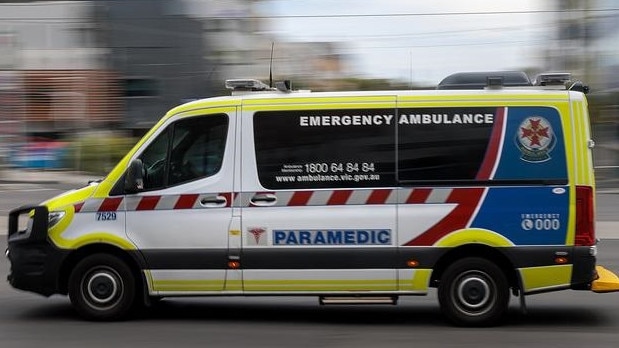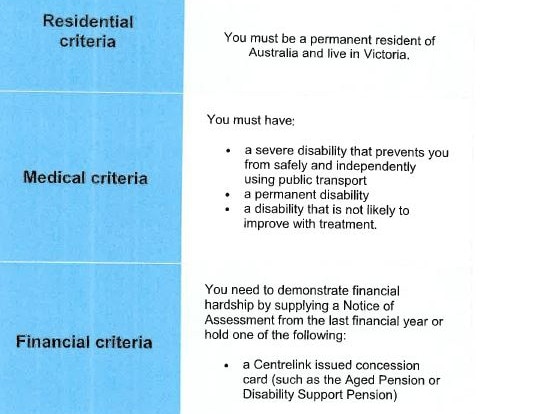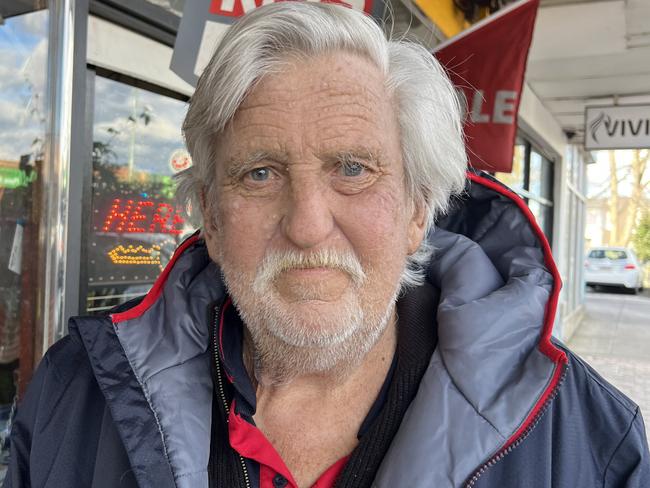Ambulance Victoria insists rules the same as rural dialysis patients make their own way to appointments
Rural Victorian dialysis patients are being urged to “find alternative transport” to get them to critical healthcare appointments, but Ambulance Victoria insists they have not changed the criteria for patient transport.

Goulburn Valley
Don't miss out on the headlines from Goulburn Valley. Followed categories will be added to My News.
Ambulance Victoria has insisted that the rules around non-emergency patient transport have not changed, despite rural dialysis patients being urged by local health services to get themselves to critical appointments.
Patients at Goulburn Valley Health received a letter on September 6 “introducing changes to the criteria to qualify for use of patient transport services through Ambulance Victoria” from the end of the month.
The letter encouraged patients to “find alternative transport to attend dialysis”.
“This may include driving yourself (if safe to do so), family/friends to transport, taxi card to receive a discount, or community car,” it stated.
Under the new criteria, patients must meet a medical need, require active monitoring during transport, and have authorisation from a health professional.
The transport must also be booked online.
Despite the Ambulance Victoria website stating there would be a change from September 30, the services Michael Georgiou told the Herald Sun there had been no change to the rules around patients who required regular treatments.
“There has been no change to eligibility for Non-Emergency Patient Transport (NEPT) – these rules ensure it’s available for those who need clinical care during transport and help ambulance services focus on the sickest Victorians first,” he said.
“Each time NEPT is used for someone who doesn’t need clinical care, it puts extra pressure on paramedics and we’re working with health services to ensure bookings follow the rules and to share other transport options, like public transport, taxis, or community services.”
Goulburn Valley Health’s letter urged patients to use a Multi-Purpose Taxi Program, which offers discounted taxi fares up to $60.
However, this program also requires patients meet a number of criteria, including having a severe disability that prevents them from using public transport and be able to demonstrate financial hardship.

The Ambulance Victoria change has caused an outcry in the community with patients, and their families, terrified they won’t qualify for the extra help they’ve already been receiving.
Cobram man Graeme Cocking needs dialysis treatment three days a week, with the nearest treatment centre a 45-minute-drive away in Shepparton.
Dialysis treatments take at least four hours to replicate the kidney’s function and clean the waste from blood for individuals with kidney disease or kidney failure.
Daughter Rachel Vella said her father would struggle to attend his appointments without the provided transport.
“It’s leaving the patients in a really difficult position,” she said.
“My dad would probably crash and die after dialysis.”

Mr Cocking, a pensioner who recently lost his daughter Emma Bates, does not have the $600 required to pay for a return taxi between Cobram and Shepparton three days a week and is not able to drive himself.
His wife does not have her licence.
“Community transport would cost at least a few hundred dollars as well,” Ms Vella said.
“Stopping treatment would result in death.”
A campaign has launched to get a dialysis unit in Cobram but no such system is in place yet.
Goulburn Valley Health’s letter to patients said the service was continuing to “look for solutions” but encouraged dialysis users to “voice your concerns/feedback to Ambulance Victoria sharing the negative impact of the changes”.
Nationals MP for Wangaratta Tim McCurdy raised the issue in Victorian parliament on Thursday, asking Health Minister Mary-Anne Thomas how Mr Cocking could “get affordable transport for his dialysis, particularly as we do not have access to dialysis chairs in Cobram”.
Cobram’s Sue Duscio, whose husband Philip Duscio is also in regular need of dialysis treatment, has begun a petition she hopes to take to Ms Thomas.
The petition is calling for dialysis chairs to be brought to the Murray River township.
“The petition is out in the community and is going well, it can be signed in many of the local business’ places in Cobram,” Ms Duscio said.
The petition has support from the community as well as a local doctor.
Goulburn Valley Health was contacted for comment.




